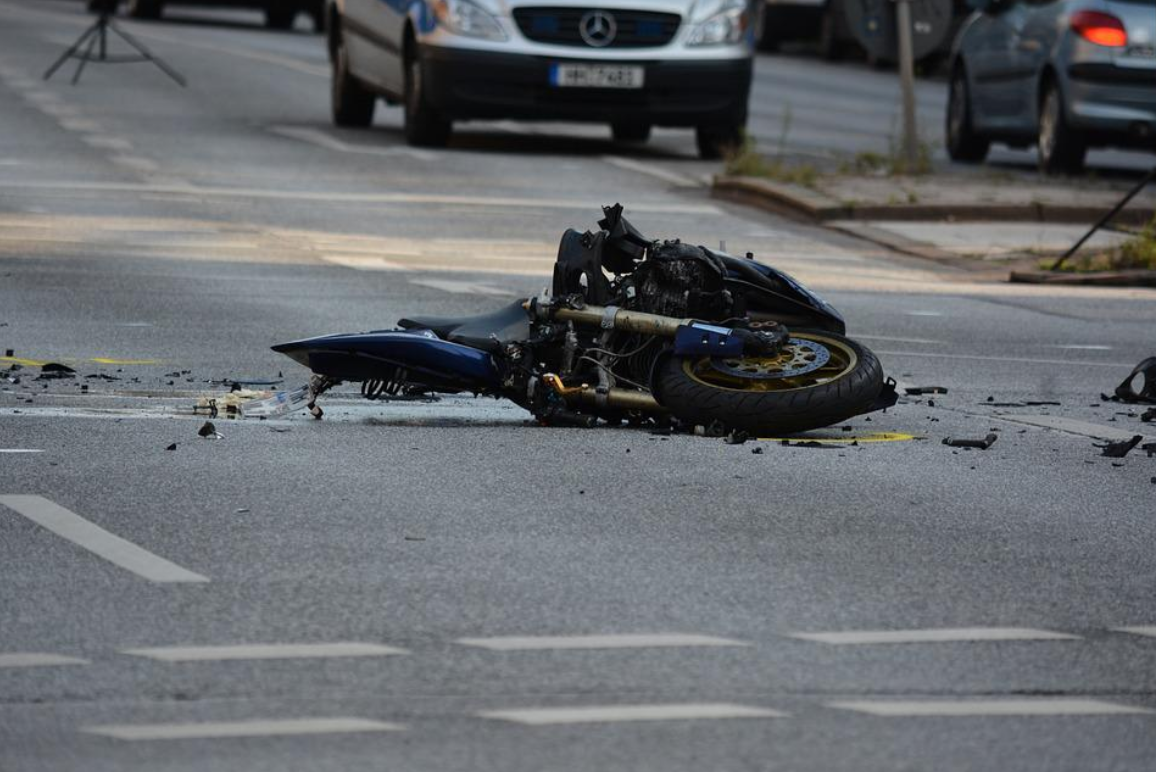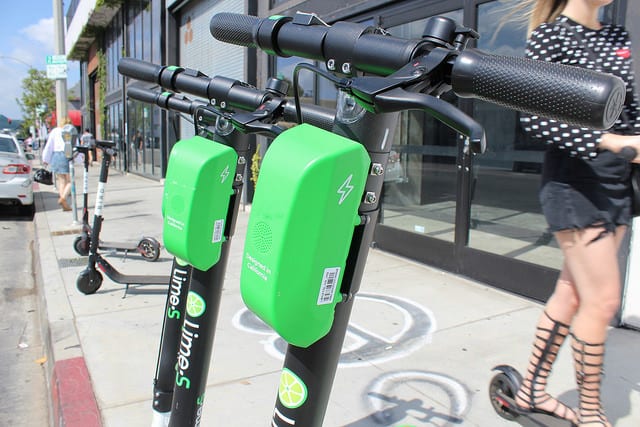Because fault will be a necessary element of your case, you must call the police, document your accident, go to the hospital, and collect evidence of the at-fault party’s negligence.
As electric scooters grow in popularity, it is important for riders to have a clear understanding of how the law views them in the event of an accident.
In July of 2023, a decision from the Appellate Division of the New Jersey Superior Court held that a victim was ineligible to receive compensation from personal injury protection (PIP) insurance because they were hurt while riding an electric scooter. According to the opinion from the court, the victim did not meet the definition of a pedestrian at the time of their injury. Furthermore, the court referenced existing New Jersey law, including a statute regarding the definition of low-speed electric scooters, that differentiates low-speed electric scooters from bicycles in certain situations. This ruling confirms what many New Jersey personal lawyers know: electric scooter riders are typically ineligible for compensation through PIP insurance and may have to file lawsuits against negligent drivers to recover damages following an accident.
Recent NJ Appeals Court Decision Regarding No PIP Coverage for Electric Scooters
New Jersey’s choice no-fault system for auto accidents puts riders of electric scooters in a difficult situation. A July 2023 decision from the Appellate Division of the Superior Court of New Jersey confirmed the status of electric scooter riders and how they relate to the no-fault system.
The Case
In general, courts have maintained that electric scooters align more closely with motorcycles than bicycles, putting riders firmly outside the definition of pedestrians. While the unpublished decision found in Goyco v. Progressive Insurance Company is not meant to set a precedent for future cases, it did affirm courts’ previous views regarding electric scooters and PIP coverage. In the case, the victim, Goyco, claimed that he was entitled to compensation from his personal injury protection insurance because he was hit by a car while riding a low-speed electric scooter, as defined in N.J.S.A. § 39:1-1. After the accident, Goyco filed a claim with his PIP insurance and was denied coverage because he did not meet the definition of a pedestrian at the time of the accident. Goyco sued and then proceeded to appeal his case. Goyco and his counsel claimed that the trial court that initially denied him coverage misinterpreted current New Jersey law.
The Decision
Even though Goyco appealed the trial court’s decision in New Jersey, the initial decision was ultimately affirmed by the appellate court. The court looked to two current specific New Jersey statutes during the appeal. The first was N.J.S.A § 39:6A-2(h), which defines a pedestrian. In New Jersey, a pedestrian is anyone who is not in or entering a vehicle propelled by anything other than muscular power. Because low-speed electric scooters are powered by a motor, not the rider themselves, the court held that Goyco did not meet the definition of a pedestrian.
The court then reviewed N.J.S.A § 39:4-14.16(g). While this statute does equate a rider of a low-speed electric scooter to a bicyclist in some instances, it does provide notable exceptions. The statute clearly states that riders of electric scooters may not be considered bicyclists in cases where provisions exist that supersede it. This would include the previous statute mentioned defining a pedestrian, as that was the basis of Goyco’s case. He believed he was considered a pedestrian and thus was entitled to PIP benefits. In both trials, the initial one and the appeal, it was found that Goyco was not a pedestrian and would be unable to recover compensation through a PIP claim. It is also worth noting that N.J.S.A § 39:4-14.16(h) specifically states that electric scooters are not to be considered motor vehicles. Though that was not a point of contention in Goyco’s case, it does further reinforce the fact that electric scooter riders are ineligible for compensation through PIP.
The Impact

This recent ruling affirms current views of electric scooters and their relation to personal injury protection insurance. Because riders of electric scooters remain ineligible to receive compensation from PIP coverage, just like motorcyclists, victims are often all but forced to file lawsuits to recover compensation for their injuries. If a driver has a separate liability insurance policy, victims might be able to recover compensation that way. Victims might also file claims with uninsured or underinsured motorist coverage or their own health insurance. However, it remains clear that, because of their differences from bicyclists and similarities to motorcycles, electric scooters are not covered by PIP, and riders are ineligible to recover benefits if hurt in an accident in New Jersey.
Understanding What No PIP Coverage Means for Electric Scooters in New Jersey
Now that the foundation has been laid for understanding this matter, it can be applied to the larger issue at hand: how can riders of electric scooters get compensation for their injuries after a collision in New Jersey?
Not being able to recover compensation through a personal injury protection insurance claim might not be the worst thing for riders of electric scooters. Since PIP does not apply to these cases, victims do not have to meet New Jersey’s serious injury threshold in order to sue a negligent driver. When PIP does apply, victims must sustain injuries defined in N.J.S.A. § 39:6A-8(a) in order to file a lawsuit against a negligent party. Such injuries include death, dismemberment, and displaced fractures, among others.
However, electric scooter riders do not have to meet such criteria to sue. Instead, they can file a lawsuit for any injury that results in damages. Furthermore, because the serious injury threshold does not apply to electric scooter riders, such victims can sue for non-economic damages without jumping over the extra hurdles of the choice no-fault system that exist for other victims to whom PIP insurance applies.
How to Get Compensation for an Electric Scooter Accident in NJ
All of that said, lawsuits can be challenging to navigate for victims, but they might be the only route to proper compensation. Because your PIP insurance will not cover your medical damages if you are injured while riding an electric scooter in New Jersey, it is crucial to get the negligent driver’s insurance information. And, because fault will be a necessary element of your case, you must call the police, document your accident, go to the hospital, and collect evidence of the at-fault party’s negligence. The statute of limitations to file an injury lawsuit for an electric scooter accident is two years in New Jersey.


Join the conversation!